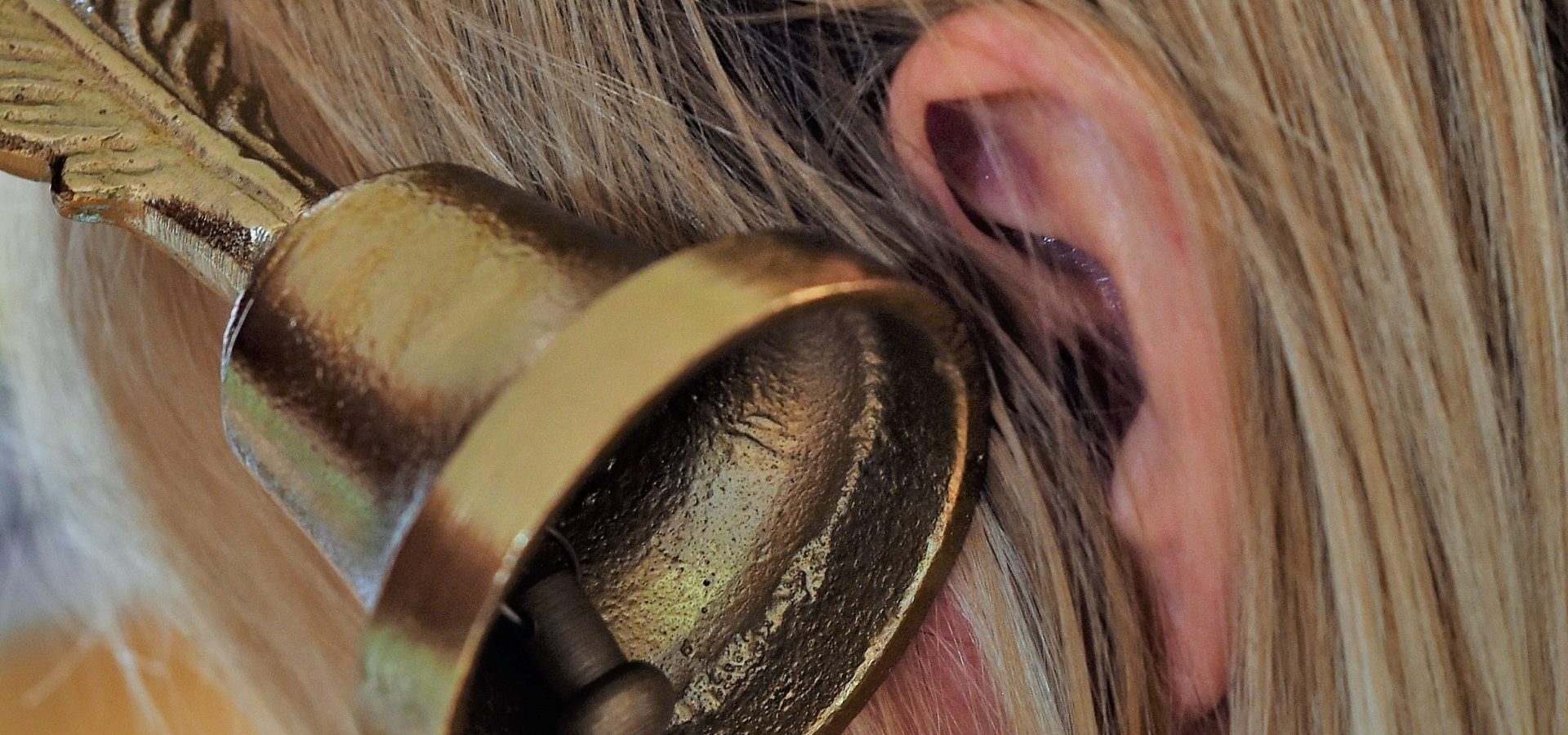Menu

Have you experienced ringing in your ears? Sure, it’s a normal occurrence when you are exposed to loud noises, but what happens if it lingers far longer?
In some cases, it could be tinnitus. Here’s what you need to know about the condition so that you can determine whether or not you have it and what you should do in case you do:
What is Tinnitus?
Tinnitus is the ringing in the ears that have many causes. It is not a disease, but it could be a symptom of an underlying health condition.
The ringing is caused by damage to the tiny hairs in the inner ear. When these tiny hairs are damaged, they change the signals sent to your brain that are responsible for how you perceive sound. Tinnitus can be temporary, or it can last for the rest of your life.
Causes of Tinnitus
Here are the common causes of tinnitus:
- Age-related hearing loss – Hearing gets worse as we age and it typically starts by 60 years old.
- Loud noises – A leading cause of tinnitus, loud noises include concerts, loud machines, backfiring engines, etc. These can cause permanent or temporary damage to one or both ears.
- Earwax – When you have too much earwax, it could lead to ringing or hearing loss. Don’t try to remove them on your own; instead, go to a doctor to have them properly removed.
- Medications – Some prescription and OTC drugs can trigger ringing in the ears or make it louder. This includes diuretic, aspirin, and Nonsteroidal Anti-Inflammatory Drugs (NSAIDs).
- Ear and sinus infections – When you have a cold, you might notice ringing in the ears. It could be due to a sinus infection that increases pressure in your sinuses, which affects your hearing.
- Blood pressure – If you have high blood pressure or you experience high blood pressure at some point, you may notice ringing in the ears.
- Other medical issues – Other health issues that may cause tinnitus are head and neck injuries, fibromyalgia, and Lyme disease.
Unfortunately, there is no cure for tinnitus. However, you can do some of these methods to help you cope:
Cognitive Behavioral Therapy (CBT)
CBT will teach you to change how you react to tinnitus by reframing the situation. Moreover, CBT is also a well-known therapy for people with anxiety and depression disorders that are caused by tinnitus. The therapy can teach you certain breathing and muscle relaxation techniques.
Hearing Aids
A hearing aid can help increase the volume of external noises to overcome your tinnitus. You may also benefit from a hearing aid if you are experiencing significant hearing loss.
White Noise
White noise, which is typically used at night, to help individuals sleep, can also help with tinnitus. The white noise can cancel the ringing in the ears.
Acupuncture
There have been some people who experience tinnitus relief from acupuncture therapy. You can also try out other forms of naturopathy.
Earplugs
If you will go to a place where there will be loud noises, make sure to wear earplugs to prevent further damage to your ears.
Conclusion
Tinnitus is not a life-threatening condition, but it can affect the quality of your life especially if you experience it often. Seeking professional help is the first step to address the issue and to help you come up with the best treatments, such as the ones mentioned above.
Is tinnitus bothering you? Seek the help of our professional hearing clinic in Abbotsford. Here at Fraser Valley Beltone, we have professionals to help you cope with tinnitus. Contact us today!
Share Post
Facebook
Twitter
LinkedIn
Email
Reddit
Pinterest
